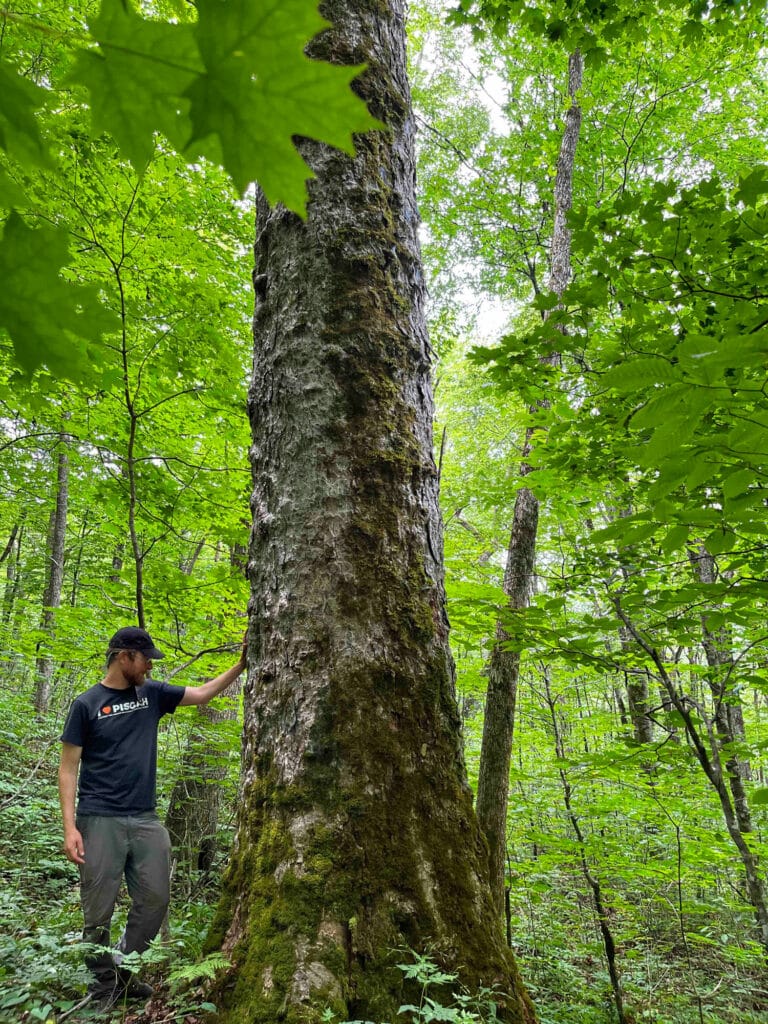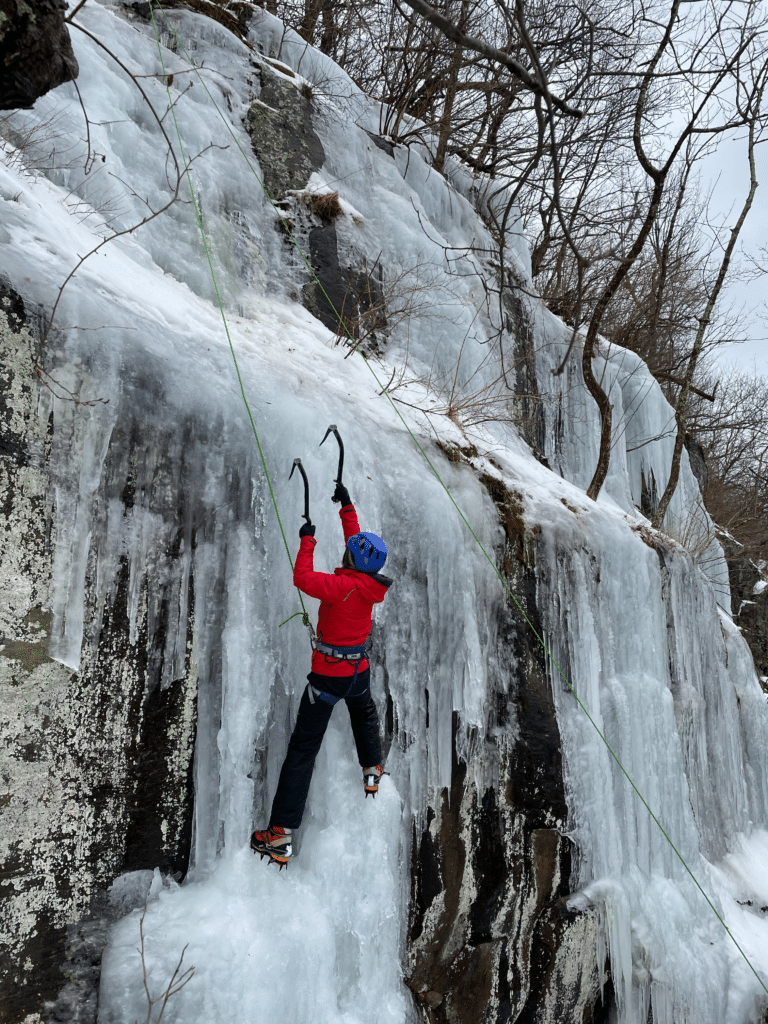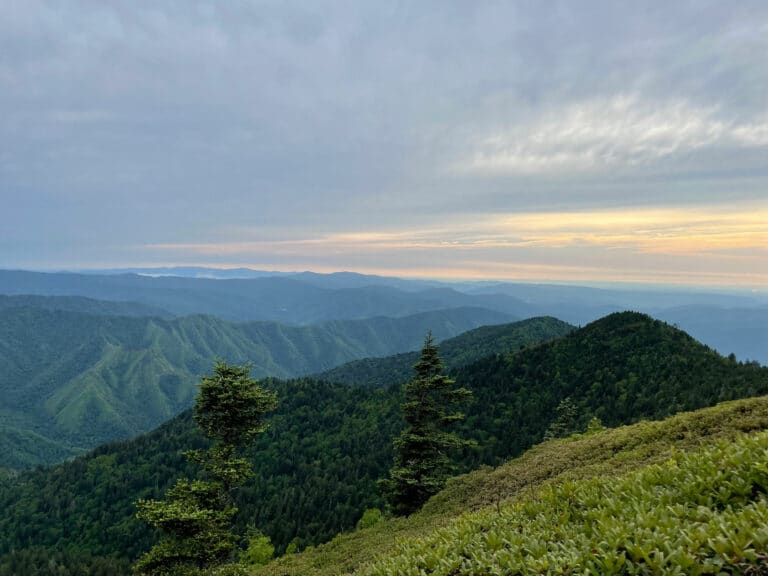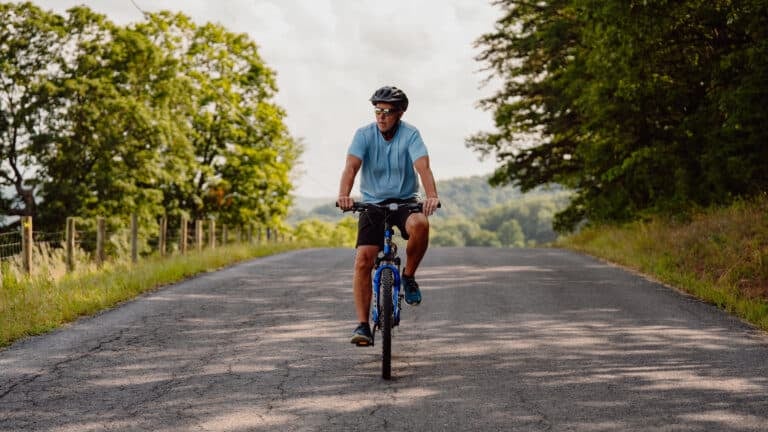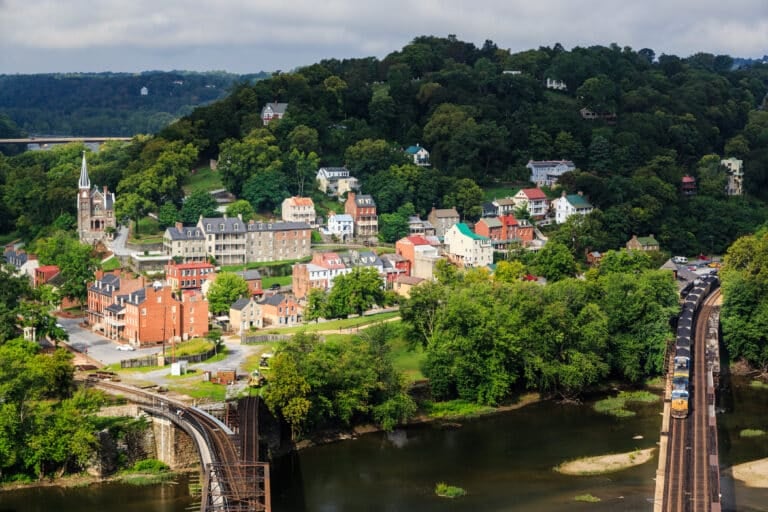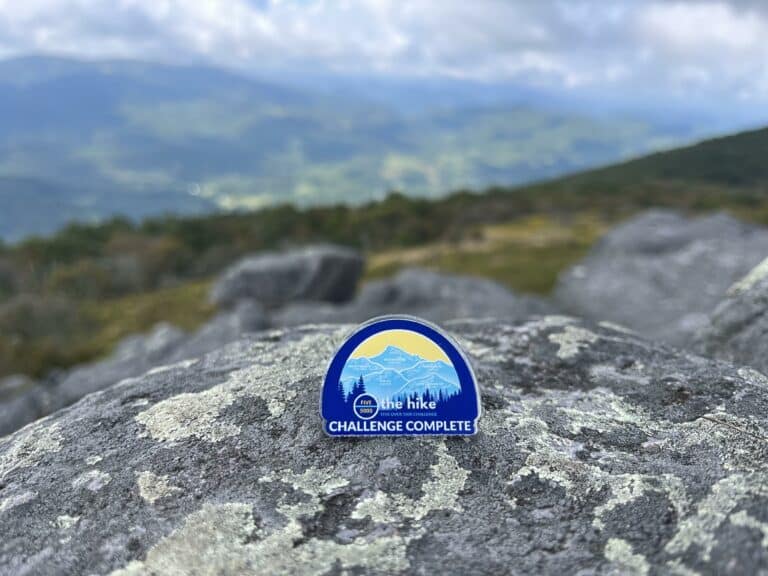The U.S. Nuclear Regulatory Commission’s three-judge panel told Georgia utilities late last week that their application to build more nuclear reactors at Plant Vogtle was incomplete because it failed to consider how radioactive nuclear waste would be managed if a storage site remains unavailable when the new reactors begin operation. A long-term storage plan must be developed before the federal agency can issue a permit to build the proposed nuclear reactors. This ruling represents another small victory to prevent environmental damage from the proposed addition of two more reactors at Southern Company’s Plant Vogtle along the Savannah River, near Augusta, Ga.
“Radioactive waste storage in Burke County puts our people’s lives at risk. It’s an injustice,” said Rev. Charles Utley, pastor of a church in Waynesboro within view of Plant Vogtle and a community organizer for the Blue Ridge Environmental Defense League.
“Utilities should instead build clean, safe and affordable energy solutions such as wind, solar, tidal and biopower that don’t pose these risks,” commented Sara Barczak, program director with Southern Alliance for Clean Energy, one of the intervening organizations in their Savannah field office.
By admitting the radioactive waste contention, the Nuclear Regulatory Commission’s licensing board agreed that the impacts of storing nuclear waste on-site at Plant Vogtle must be studied, as an off-site storage site may not be available when needed. This decision could help protect the public from excess radioactive waste storage and slows the utilities’ new licensing effort, known as a combined construction and operating license (COL).
“Radioactive nuclear waste is already piling up right here in Georgia,” said Bobbie Paul, executive director of Georgia WAND (Women’s Action for New Directions). “Nuclear reactors continue to leave a horrible legacy for all future generations. It’s totally irresponsible for the utilities to push a plan that will only make this situation worse.”
Find out more at the Southern Alliance for Clean Energy.
